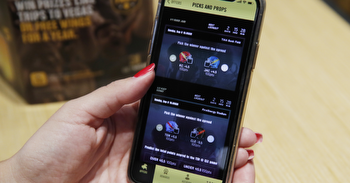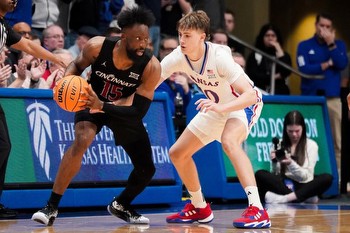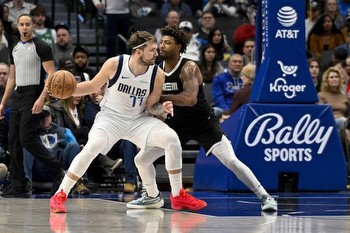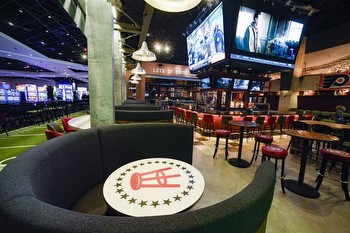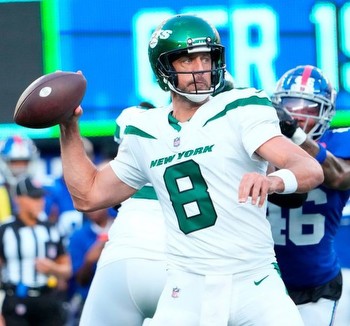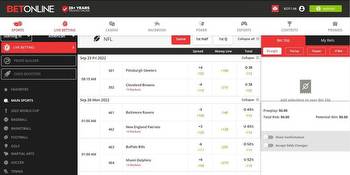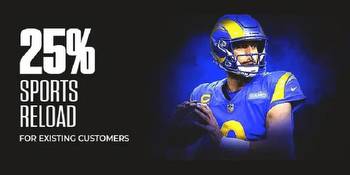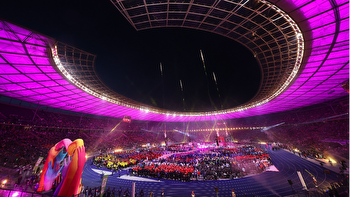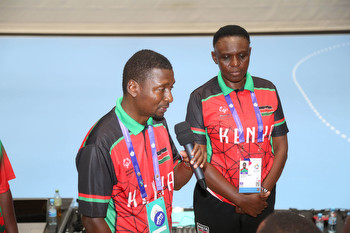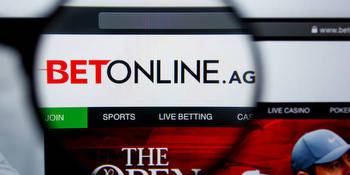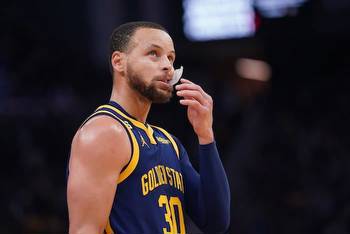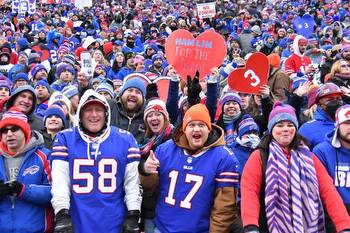When betting on the Special Olympics goes horribly wrong
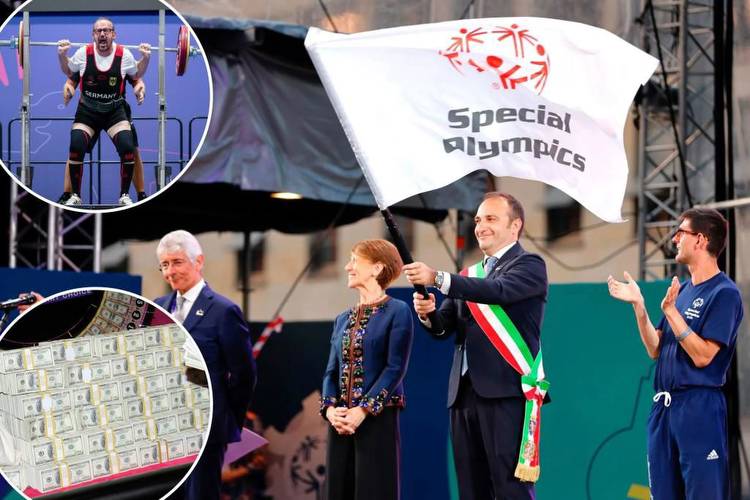
It doesn’t pay to bet on the Special Olympics.
Unregulated offshore sportsbook BetOnline began offering betting markets this year on the Special Olympics, held in Berlin from June 17-25, but the controversial enterprise turned into a disaster of confusing results and stalled payouts.
The problematic rollout raised bigger-picture questions about whether an event such as the Special Olympics, which is meant to provide a platform and supportive environment for children and adults with intellectual disabilities, should have gambling.
Special Olympics bettors said they were left high and dry on winning bets for several weeks, and some bets were graded as losers before the competitors even had a chance to perform.
One weightlifting event in particular caused issues.
In question for many bettors was which of the listed group would lift the most weight.
Bobby Hill initially was listed as the winner by the oddsmakers, with 70kgs lifted, while Ryan Kealey was marked as a losing bet despite the Canadian lifting nearly double, at 135kgs.
“Multiple days before Ryan Kealey even competed, BetOnline graded the bet as a loss,” one bettor told The Post in a direct message.
Bettors contacted The Post in pursuit of redress after they felt their complaints about the incorrect grading were ignored by BetOnline customer service.
“After my second time complaining, they said they were ‘refunding’ the wager in good faith… but I was like… I won???” a second bettor had told The Post via direct message. “I’ve escalated it to their management team for the third time now and still waiting to hear back; it’s been about three days now, and no response.”
One bettor believes the sportsbook was ignoring his customer service escalations to avoid the problem.
“Kealey opened at something like +1400 and closed around -300, so they have a huge liability on it,” another bettor said.
However, the liability could only be so high; the maximum wins were limited to about $550 per wager.
Even the sportsbook is referring to its inaugural year of Special Olympics wagering as a headache.
Edward Knight, BetOnline Brand Manager, said grading the Special Olympics was “more challenging than we expected.”
Knight said the issues in the men’s bench press gold medal championship occurred “because two of the competitors we had listed for the men’s event appeared to have won gold.”
“Regarding the Special Olympics, our goal was never about turning a profit,” Knight said in a statement to The Post. “We aimed to create mass awareness about the Special Olympics and our pioneering introduction of odds for the World Games, which was accomplished in remarkable fashion. …
“In two years, we will again offer Special Olympics odds. We will be better prepared in the grading process, and we hope this viral movement will inspire the organization to enhance the distribution of clear and comprehensive information regarding competition results.”
BetOnline encouraged anyone with outstanding issues with the grading of Special Olympics bets to reach out “to any of our Twitter accounts or customer service.”
The backdrop for the hiccups was an article published by Forbes — which received widespread outrage online — that portrayed BetOnline as heroic for offering wagers on the Special Olympics.
“This would seem to be a win-win-win for everyone except those who complain for a hobby or profession,” the article said.
The irony of depicting the events as win-win when winners didn’t even win is par for the course when dealing in unlicensed gambling
The cost of doing business with an unregulated sports betting operator is just this; no one is there to fight for you as an impartial third party if things go awry.
In the States, if you were to bet on an exotic market, such as “Next Team Odds” or “Gatorade Color” during the Super Bowl, you are protected and supported by state organizations that regulate and license each sportsbook.
And in the end, the reality is that the Special Olympics are intended to show off the beauty of the competitors rather than to definitively declare winners and losers.
“The mission of Special Olympics is to provide year-round sports training and athletic competition in a variety of Olympic-type sports for children and adults with intellectual disabilities, giving them continuing opportunities to develop physical fitness, demonstrate courage, experience joy and participate in a sharing of gifts, skills and friendship with their families, other Special Olympics athletes and the community,” reads the organization’s mission statements.
The Special Olympics did not respond to multiple requests for comment on the betting markets.









